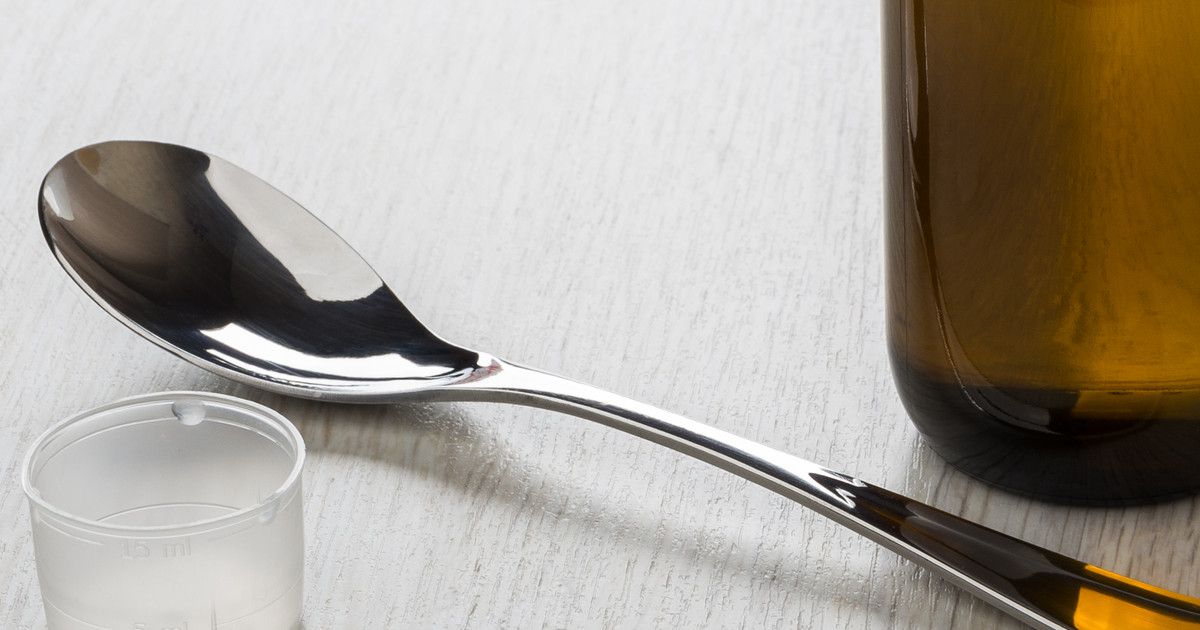Guide To The Best Heartburn Medications
Heartburn, a type of indigestion, produces a burning sensation in the chest. Typically, it appears behind an individual's breastbone. It is caused by acid regurgitation that goes into the esophagus. Certain foods and drinks can trigger heartburn. Patients have often noted that heartburn worsens after they have eaten. It can also worsen when they are bending over, lying down, or during the evening hours.
Heartburn, even occasional heartburn, is quite uncomfortable. Thus, many patients want to try heartburn treatment. Many patients try natural remedies for heartburn, including a weight loss regimen and following a diet for heartburn. Of course, many individuals will need to take heartburn medications. This includes over-the-counter medicines for heartburn, as well as prescription medication for acid reflux and heartburn. Patients must understand their various options first so that they can choose the best heartburn medication for their needs.
Calcium Carbonate

Calcium carbonate is a popular antacid that is often available as an over-the-counter medication. It is available as a liquid, capsule, or chewable tablet. Most individuals take it three or four times per day. Patients should ask a doctor or pharmacist before taking calcium carbonate if they have ever had certain health issues. Examples include stomach problems, cancer, kidney disease, kidney stones, parathyroid gland disorders, or high calcium in their blood.
Individuals also need to check with their pharmacist before using this antacid if they are taking certain medications. Specific medications to watch for include digoxin, tetracycline, and phenytoin. After taking any other medicine, the patient should wait for at least one to two hours before taking a dose of this antacid. Of course, this antacid has a few potential side effects. Examples include upset stomach, constipation, vomiting, and loss of appetite. Patients should tell their doctor if they experience any of these symptoms.
Bismuth Subsalicylate

Bismuth subsalicylate is an antidiarrheal agent, though it also has antacid effects. It works by altering how fluids and electrolytes flow into the bowel. People with ulcers, kidney disease, or bleeding disorders should check with their medical team before taking this drug. Individuals who use medicines to treat diabetes, gout, or arthritis should ask their doctor before using this drug. This medication can interact with anticoagulants, including warfarin, as well.
Patients should not take more than eight doses of this medicine in twenty-four hours. If heartburn persists after two days of taking bismuth subsalicylate, patients should make an appointment to see their doctor. Occasionally, this medication can cause ringing in the ears. It may also impact the results of some medical tests. Patients should tell their doctor that they are using this medication.
